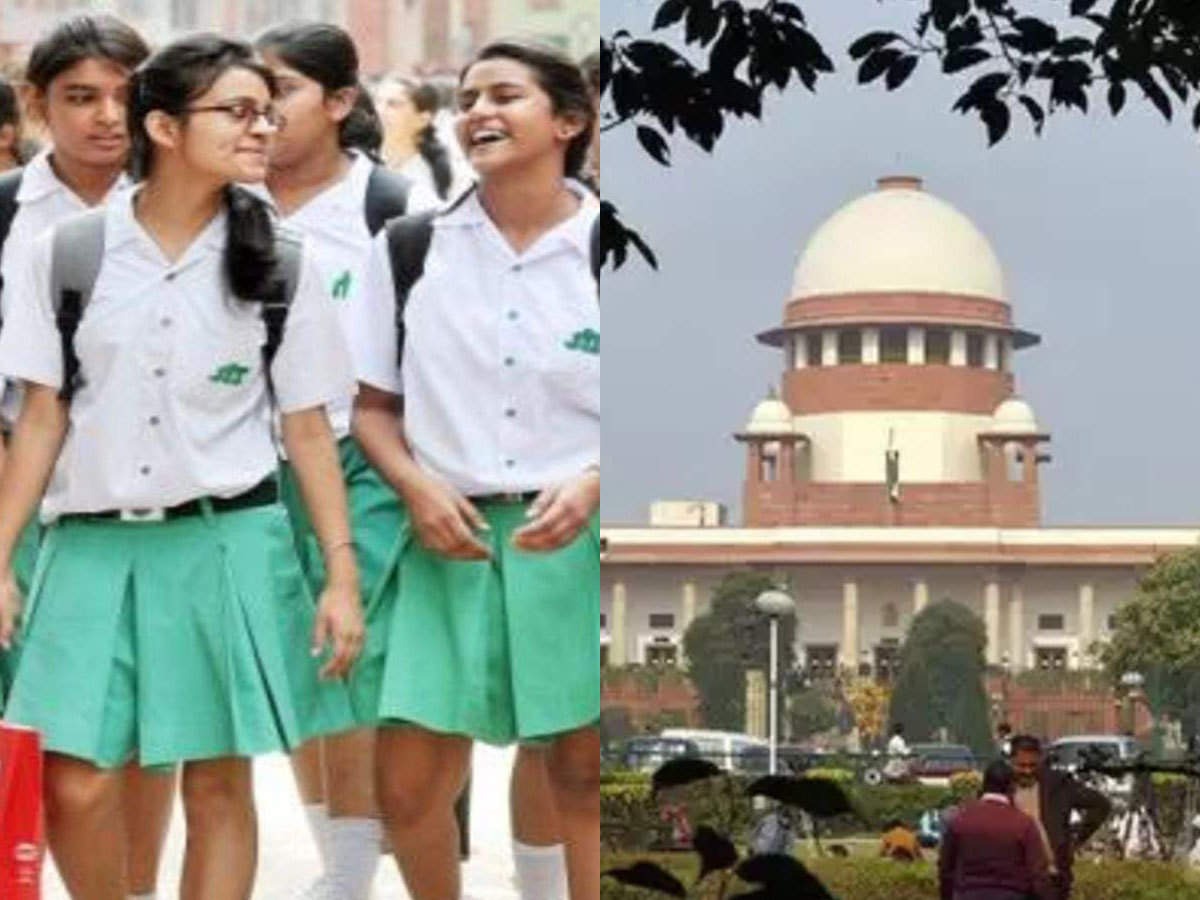 Should Sex Change Surgery for Children Be Restricted? Do Parents Have the Right to Opt for Sex Change Surgery for Their Children?
Should Sex Change Surgery for Children Be Restricted? Do Parents Have the Right to Opt for Sex Change Surgery for Their Children?
In recent times, the Supreme Court has been confronted with a plethora of questions regarding sex change surgery, especially concerning minors. These questions have emerged due to a public interest litigation (PIL) seeking restrictions on parents opting for sex reassignment surgery for their children. The PIL contends that parents should be prohibited from subjecting their children to such surgeries, leaving the decision to undergo sex change operations to the individuals themselves upon reaching adulthood. Let’s delve deeper into this contentious issue.
The PIL and Its Implications
The PIL, filed by Gopishankar, raises concerns about the absence of legal provisions, apart from those in Tamil Nadu, to restrain parents from pursuing gender reassignment surgery for their children. The petitioner argues that legislation safeguarding the rights of intersex children is imperative. Intersex children, who do not fit conventional male or female categories biologically, should have the autonomy to determine their gender identity once they reach a suitable age.
Lack of Legislative Framework
The absence of a comprehensive legal framework, except in Tamil Nadu, to regulate sex change surgeries for minors poses significant challenges. Shankar emphasizes the necessity for legislation that ensures the protection of intersex children’s rights and provides them with adequate time and space to discover their gender identity.
Supreme Court’s Intervention
The Supreme Court bench, comprising Chief Justice Dipak Misra, Justice J. Pardeep, and Justice Manoj Mishra, has agreed to hear the case. The court has sought the opinion of the central government on the matter. Notably, the bench has directed Additional Solicitor General Aishwarya Bhati to assist the court in this regard. The case is particularly significant as it addresses the fundamental rights and autonomy of individuals, especially minors, regarding their gender identity.
Reference to Previous Precedents
The Madras High Court, in a ruling in April 2019, cited the Supreme Court’s landmark decision in the NALSA case of 2004. The apex court had then asserted that no one could be compelled to undergo sex reassignment surgery.
Judicial Perspective
Justice G.R. Swaminathan of the Madras High Court, in his verdict, underscored the importance of providing intersex children with sufficient time and support to explore their sexual identity. He noted that consent from parents cannot substitute for the consent of the intersex child in such matters.
Legal and Social Ramifications
The debate surrounding sex change surgery for minors extends beyond legal considerations to encompass broader societal implications. It prompts reflection on the rights of individuals, the role of parents in decision-making, and the need for legal safeguards to protect vulnerable segments of society.
LGBTQIA+ Rights
Last year, in October, the Supreme Court bench dismissed a petition seeking recognition of marriage rights for the queer community. However, justices Chandrachud and S.K. Kaul advocated for granting civil union and adoption rights to queer couples.
The issue of sex change surgery for minors presents a complex interplay of legal, ethical, and social factors. While the Supreme Court’s intervention is a step towards addressing these concerns, a comprehensive legislative framework is necessary to protect the rights and autonomy of intersex individuals, especially minors.
 Suspense Crime Sach Ka Dam
Suspense Crime Sach Ka Dam


